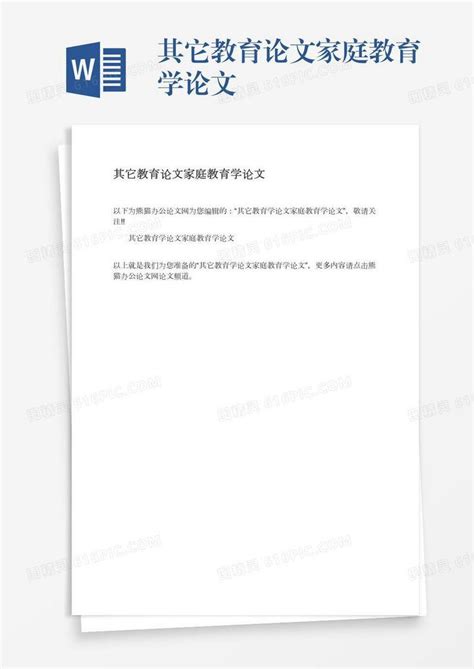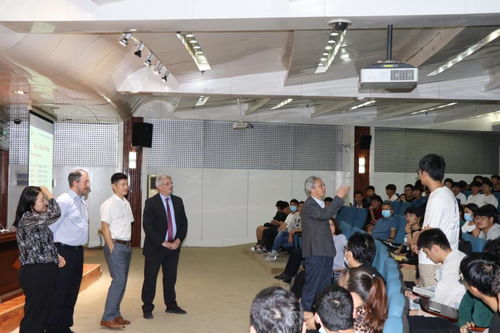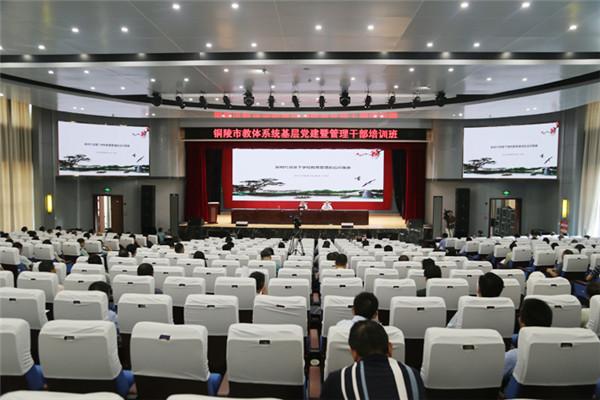**Title: Nurturing Future Generations: A Comprehensive Exploration of Parental Education**
In contemporary society, parental education plays a pivotal role in shaping the future of our communities and nations. As we delve into the complexities of this subject, it becomes evident that effective parental education encompasses a multifaceted approach involving psychological, sociological, and educational perspectives. This discourse seeks to unravel the intricacies of parental education, exploring its significance, challenges, and strategies for improvement.
**The Significance of Parental Education:**
Parental education is the cornerstone of a child's development, influencing their cognitive, emotional, and social growth. Research consistently demonstrates that children with actively engaged and supportive parents exhibit higher academic achievement, enhanced social skills, and greater resilience in the face of adversity. Moreover, parental involvement fosters a positive parent-child relationship, nurturing a sense of security and belonging crucial for healthy psychosocial development.
**Challenges in Parental Education:**
Despite its importance, parental education faces various challenges in contemporary society. Time constraints due to demanding work schedules, socioeconomic disparities, and lack of access to resources and information are some primary impediments. Additionally, cultural differences and generational gaps may pose barriers to effective communication and understanding between parents and children. Moreover, the pervasive influence of digital media and societal pressures can exacerbate these challenges, often leading to parental stress and disengagement.
**Strategies for Enhancing Parental Education:**
Addressing the challenges in parental education requires a multifaceted approach that involves collaboration between educators, policymakers, and community stakeholders. Firstly, promoting parental involvement through workshops, seminars, and online resources can empower parents with essential knowledge and skills to support their children's development. Culturally sensitive programs tailored to diverse populations can bridge communication gaps and promote mutual understanding. Furthermore, flexible work policies and accessible childcare facilities can alleviate the burden on working parents, enabling them to prioritize family engagement.
**Conclusion:**
In conclusion, parental education is indispensable for fostering the holistic development of children and shaping the future of society. By recognizing its significance and addressing the challenges it faces, we can create a supportive environment where parents are empowered to nurture their children effectively. Through collaborative efforts and innovative strategies, we can unlock the full potential of parental education, laying the foundation for a brighter and more prosperous future for generations to come.
**Guiding Recommendations:**
1. Encourage parental involvement through workshops, seminars, and online resources.
2. Tailor programs to accommodate diverse cultural backgrounds and socioeconomic statuses.
3. Advocate for flexible work policies and accessible childcare facilities to support working parents.
4. Foster collaboration between educators, policymakers, and community stakeholders to address challenges and implement effective solutions.
5. Promote a societal culture that values and prioritizes family engagement and parental support in child development.

免责声明:本网站部分内容由用户自行上传,若侵犯了您的权益,请联系我们处理,谢谢!











